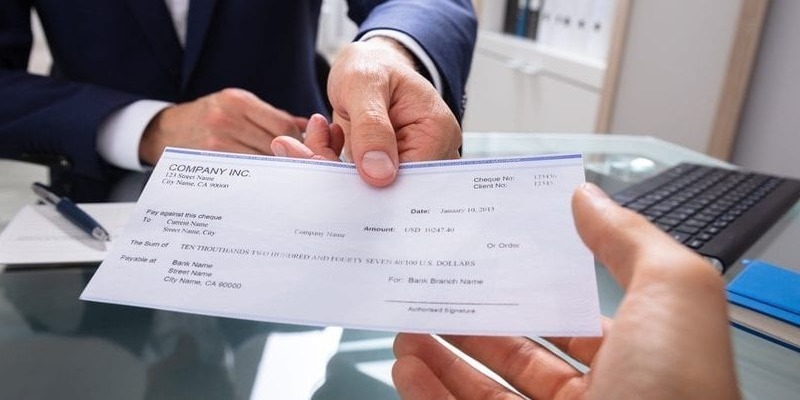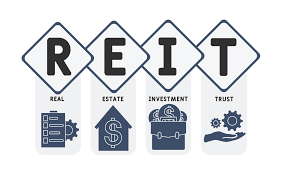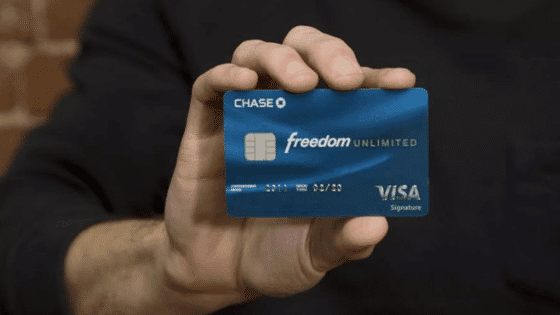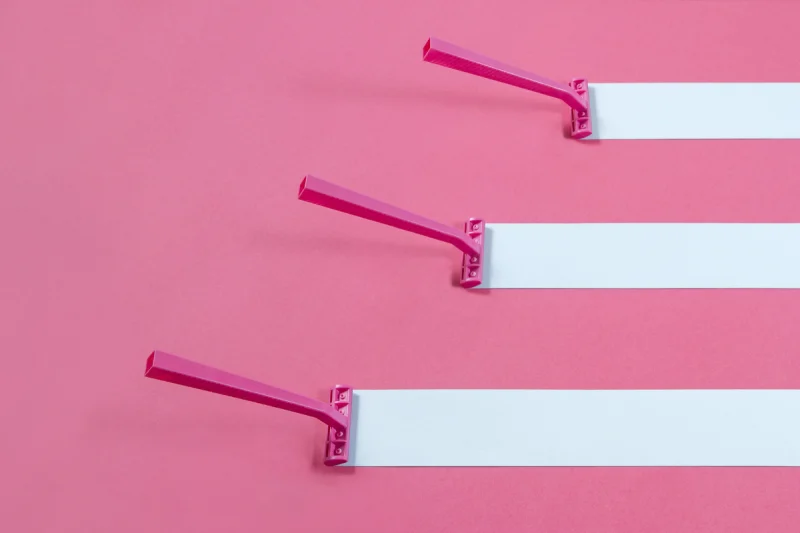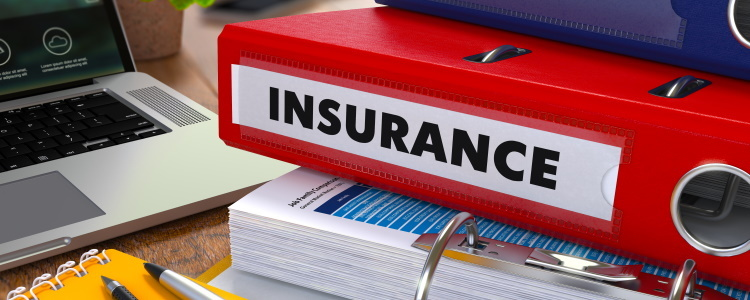5 Unusual Ways to Come Up with a Home Down Payment
Most Americans are looking to buy a home, but the sizable down payment needed to own a home is a big hurdle for many.
Banks and other lenders typically need a 20% down payment on the home's cost as a down payment. If you pay something less, you will need private mortgage insurance (PMI). PMI protects the lender when a borrower defaults, stopping making payments. The PMI is eliminated when the mortgage is below 80% of the home's purchase price.
PMI insurance raises the money needed for monthly payments for consumers trying to purchase a house. PMI contributions are non-recoverable expenditures that don't reduce the mortgage's principal. On the other side, saving enough for 20% of the cost of a home can take years, particularly in strong real estate markets.
There are many ways for prospective homebuyers to meet these financial objectives. This article will discuss the 5 most creative ways to get money for a down payment.
Look for programs to help with down payments.
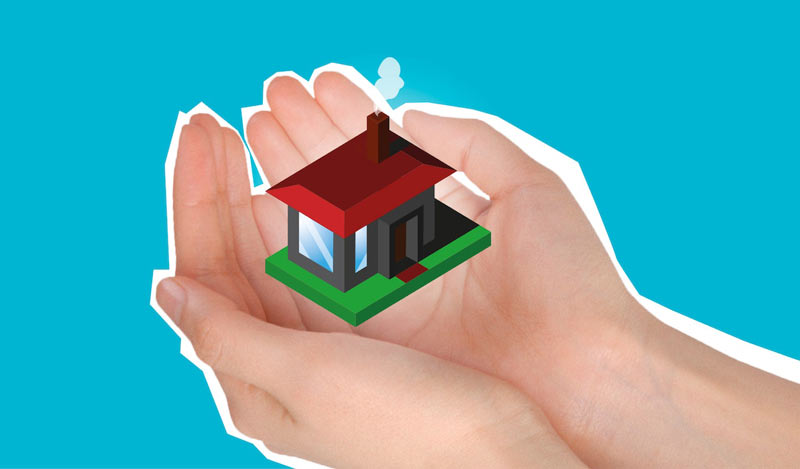
Private mortgage insurance (PMI) is typically accepted as a necessary measure by those who don't have enough money for a down payment without determining whether they qualify for down payment assistance programs. For instance, several banks run their initiatives to assist people who want to purchase a home. It pays to investigate the neighborhood banks in your area.
The Federal Housing Administration, or FHA, provides loans for borrowers with low to medium incomes via banks or lenders that have received FHA approval. Since the American government supports mortgages, the lender is at zero risk. Hence, borrowers who choose FHA loans over conventional mortgages are treated more favorably. For instance, instead of the 20% down payment that banks generally prefer to see, you might require to come up with 3.5%.
The U.S. Department of Veterans Affairs offers VA loans to veterans and active-duty service members if they meet the requirements for loans. Mortgages or loans through the VA often have low down payments and competitive interest rates.
Take Advantage of Incentives for New Buyers

People who have never bought a home often find difficult to come up with a down payment, but several incentives are available for first-time homebuyers. You can take advantage of incentives for new buyers even if you haven't been a homeowner in three years or have joint ownership with your spouse. If your only house is a constructed home that is firmly anchored to a solid foundation, you can also be eligible for these benefits.
First-time homebuyer programs are supported by the Department of Housing and Urban Development (HUD). Some states also offer first-time homebuyers incentive programs. Savings accounts with accumulated interest may help certain buyers save for their down payments for homes more quickly than they otherwise could. Additionally, first-time homebuyers are not subject to the 10% early withdrawal penalties when withdrawing up to $10,000 from a regular or Roth IRA.
Furthermore, there are initiatives to support Native Americans in buying their first homes. Just though no one in your family has ever had a home, do not automatically assume you cannot afford a down payment.
Sell some of your assets.
People who are prepared to become homeowners generally have a lot of possessions accumulated through time. Even if the owner may think that a piece of furniture or an old car is useless, another person might be eager to purchase them. You can augment your income and collect much-needed funds for the down payment by selling used items. You can sell anything—from clothes to electronics through the internet. You can do it yourself on some websites, but others will take a share of your sales.
Downsize Your Lifestyle
Downsizing your living can help you save a lot of money if you want to clear up some funds to put toward a down payment on a home. For instance, you could downsize to a studio or smaller apartment to save money on utilities and rent. Renting a studio for $600 a month instead of your three-bedroom apartment, which costs $1,200 a month, can save you more than $7,000 a year. If you and your partner have two cars, you can reduce your debt by selling one of them. Even reducing your reliance on eating out or purchasing coffee will gradually increase the money you save.
Request a Gift from Family
It may not be best to ask relatives or friends for financial assistance. It might work out well for both of you, though, if you have a favored aunt, grandmother, or cousin who is wealthy. In addition to being a great deed, giving someone your down payment as a gift allows them to deduct it from their taxes.
The IRS permits people to make annual gifts worth hundreds of dollars that are both tax and donor-free.
Before taking cash gifts, check the IRS website for any updates to tax regulations. If giving a gift is not an option, request a loan and create a payback plan incorporating interest.
Bottom Line
Most Americans dream of becoming homeowners, but a down payment may make that dream unattainable for some. There are numerous unconventional ways to raise money for your down payment, even though initially, it may seem impossible to come up with thousands of dollars.
